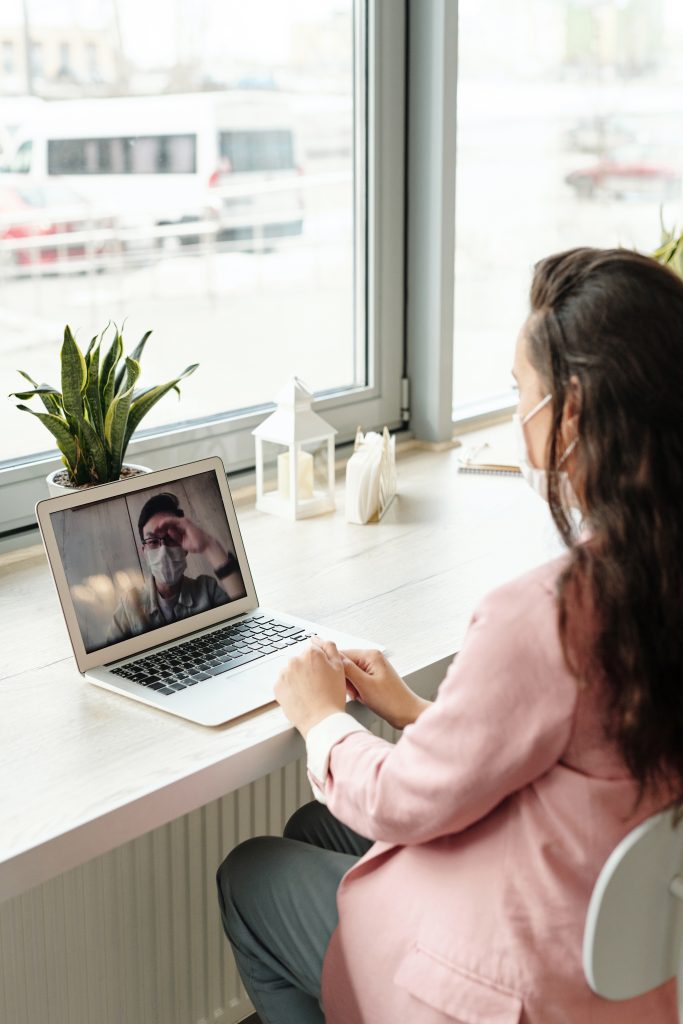
10 Tips for Maintaining Mental Health During COVID-19
Many people overlook the psychological aspect of this pandemic. While the physical illness itself is undoubtedly a serious issue, many other effects can impact people’s lives – even if they haven’t been affected. You may be staying home from school or work for long periods of time. Perhaps you’re avoiding large get-togethers with your friends to maintain social distancing. Maybe you’ve been forced to shut down your business or cancel a trip around the world you’ve been looking forward to for months. This can have a major impact on your mental health during COVID-19.
All of these factors and many others can have a significant effect on an individual’s mental health and exacerbate existing problems such as addiction, self-harm, and anxiety. To make matters worse, the support systems that many people rely on are no longer there. While some facilities like this treatment center in Garland, TX have increased infection control procedures to stay open, many mental health resources and facilities have had to close their doors or only offer a reduced service.
Our informal support systems have suffered as well. One night a week with friends can provide incredible relief if you’re dealing with mental health issues. Having the chance to engage in sports and other activities can also help you de-stress and unwind. Simply focusing on work or your studies can also give you a sense of direction and consistency.
Because these support systems are no longer in place, the mental health issues surrounding this pandemic can develop into a vicious, repeating cycle. The quarantine causes mental health issues, and in turn, those issues worsen because individuals can’t turn to others for help. This makes this psychological struggle even more troubling – which can lead to an incredible amount of pressure and stress.
The good news is that there are plenty of things that you can do to maintain your mental health during these troubling times. Some are quite simple, and they can deliver noticeable effects that can make a difference. Whether you’re currently struggling with mental health issues or not, it’s a good idea to learn about these simple tricks so that if you ever feel down, you know how to address the issue.
1. Try Online Therapy

COVID-19 has caused a massive increase in telemedicine, and we’re learning that effective care is possible through a digital medium. Even though you might feel alone, you can always talk to someone who is there to help. Online therapy can make a difference. This is especially true if you’re used to meeting with a professional mental healthcare worker in person, but you can no longer attend sessions in person due to quarantine restrictions. Sometimes, simply having someone to talk to is enough to help you get through the day.
2. Stay Healthy
Your physical well-being has a massive impact on your mental health during COVID-19. This means that if you pursue a healthy lifestyle, your body and mind will work together and help you achieve a sense of all-around well-being. Improving your diet can have a significant effect on your mental health, and you can also make progress by dealing with substance abuse issues.
3. Get Enough Sleep
The studies are in, and they don’t lie. Sleep quality and duration have proven effects on mental health during COVID-19. Get enough sleep, and you’ll find that a multitude of mental health issues is easier to deal with. Try to get a full 8 hours of sleep, and make sure that you’re not waking up in the middle of the night. While the science of sleep is still very much a scientific mystery in many regards, researchers are relatively certain that it’s a period when our brains “recharge.”
4. Exercise

Exercising improves blood circulation, releases mood-boosting compounds into your brain, and provides you with a sense of structure and discipline. While you might be unable to attend your local gym, you can still stay active. Even 20 minutes a day of pushups, planks, and squats can go a long way. You’ll find that working out can make many of your mental health issues simply melt away into the background.
5. Set Goals
While it might seem like your life is currently put on “pause” due to the quarantine, it’s important not to lose a sense of the bigger picture. Don’t let yourself drift and maintain a sense of direction and purpose in your life. You can do this by setting clear, concrete goals. It doesn’t matter if these are one-week, one-month, or one-year goals. As long as you’re keeping an eye on the future and working towards something, you’ll be much less likely to simply give up and surrender to your anxieties.
6. Find a Creative Outlet
This is an emotional time for all of us. While we can’t control or stifle our emotions, we can find a way to get them out of our system in a healthy, productive manner. There are many creative outlets you can use to deal with your emotions and get them off your chest. Something as simple as writing a journal can go a long way. Or perhaps you prefer to paint or draw. Music is another excellent option. Whatever you choose, getting creative is much better than trying to bottle up those feelings deep inside.
7. Limit Your Screen Time

When you’re spending so much time at home, it can be tempting to retreat into the digital world. Whether you’re playing video games, watching TV, or browsing the web, you can waste your entire day behind a screen. To maintain your mental health during COVID-19, you might want to limit your screen time as much as possible during this period. Remember, you can still go outside and enjoy nature while sticking to social distancing protocols.
8. Meditate
Meditation is one of the most recommended techniques to improve mental health. The great thing about meditation is that you can do it whenever and wherever it’s convenient – even if you’re cooped up at home. While meditation takes some skill and focus, numerous scientific studies support its effectiveness.
9. Accept Your Anxiety
While maintaining your mental health is important, it’s also a good idea to be realistic. Instead of simply telling yourself that everything is fine, you might need to take a deep breath and accept the situation for what it is. Accepting your negative emotions – including your fears – is the first step in dealing with them.
10. Live in the Here and Now
It’s all too easy to get caught up in “what if” and “what happens when.” Instead of worrying about the future (or the past, for that matter), try to live in the here and now. Take each day at a time. Ask yourself what you can accomplish right now. Focus on the things that are within your control. Live in the here and now.




